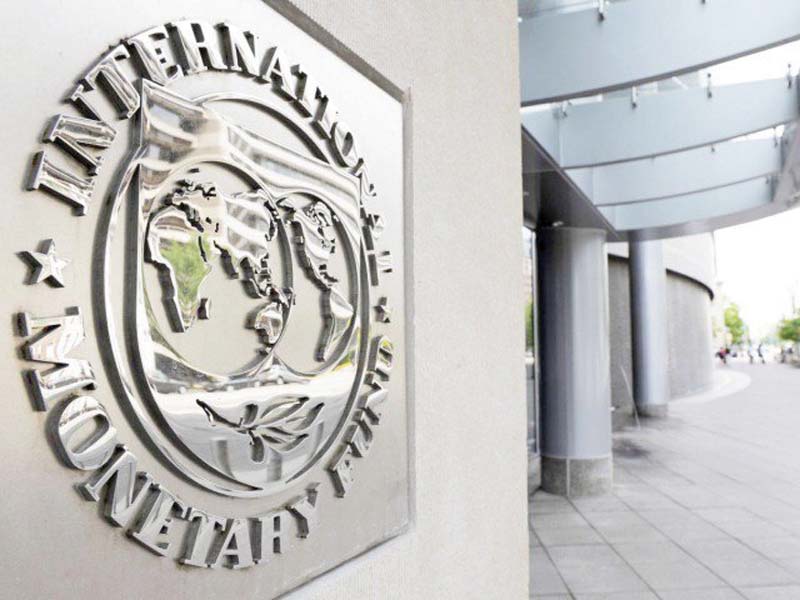
It could either go into overdrive to dispel the accusation or accept responsibility for its regulatory misconduct. But it would never play ostrich while hoping for the accusation to go unnoticed by the general public.
However, the State Bank of Pakistan (SBP) has chosen to remain silent following a similar accusation by Business Recorder, a national financial daily. It published a story on October 1 that accused the SBP of ‘fudging data’ to deceive the International Monetary Fund (IMF).

What did the trick was an alleged change in the cash reserve requirement (CRR) for five large banks on their deposits to help the government achieve the IMF’s quarterly targets.
Read: After refunds: FBR’s collection figures inflated by Rs16 billion
Speaking to The Express Tribune, the SBP spokesman said the central bank would not comment on the accusation. “We have nothing to say on the issue,” he said, adding he could neither confirm nor deny any temporary change in CRR.
It is surprising that the central bank appears to be in no haste to defend its credibility, although the seriousness of the accusation can damage its reputation irreversibly.
So why – and how – exactly did the alleged statistical jugglery play out?
Under the loan agreement with the IMF, Pakistan was required to maintain its central bank’s net domestic assets (NDA) within the ceiling of Rs2.2 trillion by the end of September.
NDA mainly consists of net SBP credit to the general government plus outstanding credit to domestic banks by the SBP (minus liabilities not included in reserve money). Leaving semantics aside, let’s just say the IMF wants to limit NDA because its disproportionate growth is bad for economic management.
As opposed to the IMF’s target of Rs2.2 trillion for the end of September, the SBP website shows the NDA stock hovered around Rs2.8 trillion on September 18. This means the SBP’s NDA stock was in excess of roughly Rs648 billion.
So the quickest, and perhaps dishonest, way to reduce the stock of NDA temporarily was to tinker with the level of banks’ cash reserves for a brief period of time, thus immediately freeing up liquidity in the interbank market.
The weekly average CRR for every bank is 5% of the sum of its demand deposits and time deposits of up to one year. Every bank is bound to maintain the prescribed level of CRR, as they are penalised instantly for failing to maintain this weekly average.
Read: IMF praises SBP for financial sector’s stability
Business Recorder alleged that the SBP waived CRR for big five banks, and slashed it to 3% for the rest of commercial banks, towards the end of September. This created excess liquidity in the interbank market immediately and led commercial banks to buy T-bills from the SBP.
As a result, the SBP’s stock of T-bills (which is government debt) went down, notably reducing the stock of NDA to the satisfaction of the IMF.
Former central bankers say any change in CRR must be preceded by an SBP circular - something conspicuously missing in the latest round of alleged window-dressing at the highest level of economic management.
Whether the SBP indeed waived CRR for banks is unclear. But the fact that the SBP is unwilling to come forward and dispel the impression of wrongdoing reflects poorly on its credibility.
The writer is A staff correspondent
Published in The Express Tribune, October 12th, 2015.
Like Business on Facebook, follow @TribuneBiz on Twitter to stay informed and join in the conversation.
1732503274-0/Untitled-design-(43)1732503274-0-405x300.webp)
1732501636-0/Untitled-design-(42)1732501636-0-165x106.webp)

1732498967-0/Outer-Banks--(1)1732498967-0-165x106.webp)
1732086766-0/BeFunky-collage-(74)1732086766-0-165x106.webp)
1732486769-0/image-(8)1732486769-0-270x192.webp)











COMMENTS (17)
Comments are moderated and generally will be posted if they are on-topic and not abusive.
For more information, please see our Comments FAQ